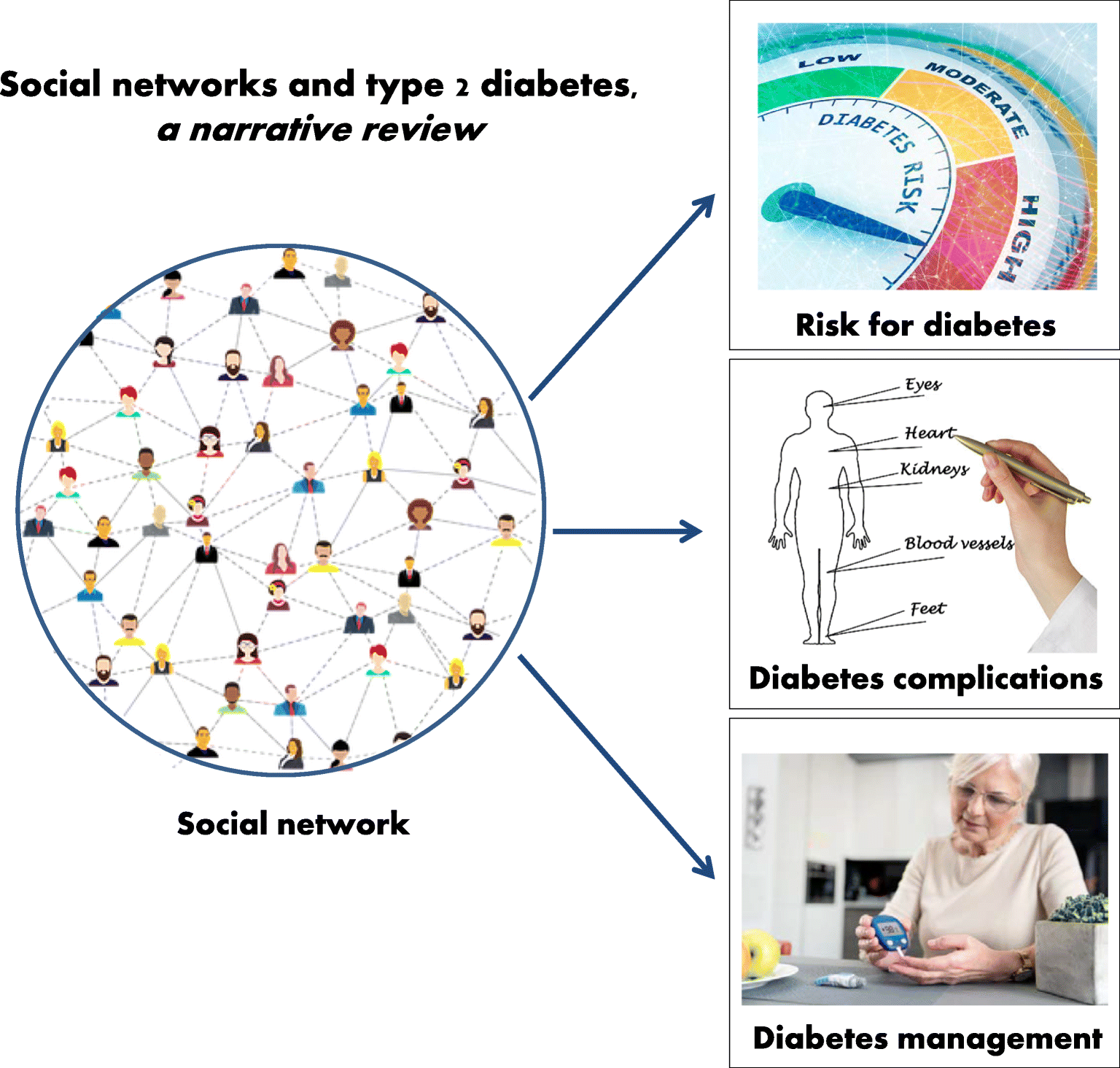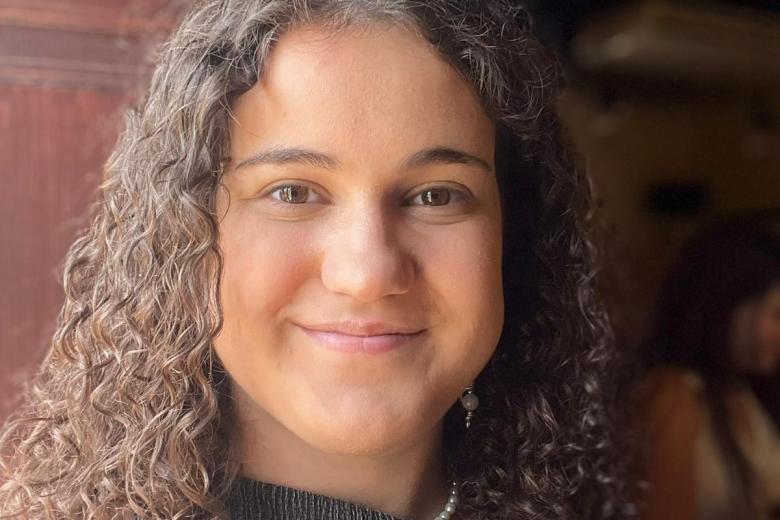The role of social networks in type 2 diabetes prevention, complication-risk and self-management
It has been known for decades that social networks are causally related to disease and mortality risk. However, this field of research and its potential for implementation into diabetes care is still in its infancy. This narrative review addresses the state-of-the-art of social network research in type 2 diabetes prevention and care.
Despite the heterogeneity of network assessments, valuable lessons can be drawn from available studies.
First, the structural network aspect ‘living alone’ and the functional network aspect ‘lack of social support’ increase type 2 diabetes risk. The latter association may be modified by lifestyle risk factors, as obesity, low level physical activity and unhealthy diet.
Second, smaller network size and less social support increase diabetes complication-risk, particularly chronic kidney disease and cardiovascular heart disease.
Third, social support better enables diabetes self-management, and social support preventive interventions lowered HbA1c values in the short-term.
However, harmonization and more detailed assessment of structural and functional social network aspects is urgently needed to utilize these aspects for more effective prevention and disease management in type 2 diabetes.
Publication:
Social networks and type 2 diabetes: a narrative review. Miranda T. Schram1 & Willem J. J. Assendelft & Theo G. van Tilburg & Nicole H. T. M. Dukers-Muijrers. Published in Diabetologia http://link.springer.com/article/10.1007/s00125-021-05496-2

Also read
-
Maastricht UMC+ launches Climate HEALTH: institute for health effects of climate change
This institute wants to understand, limit and prevent the health consequences of climate change.

-
Alba Villagrasa Martín - The world of innovative personalised medicine
You must have heard about the extensive waiting lists for people who need organ transplants. Perhaps you spoke to someone dealing with limited mobility after a complex fracture. So, you worry about the future and what could happen if you fall ill or have an accident. But in the future, we’re heading...

-
Mental health services urgently need to address lifestyle
Mental health services need to increase investment in lifestyle interventions to improve care and narrow the 15-year life-expectancy gap for people with mental health conditions, according to a new report by The Lancet Psychiatry Commission. Maastricht University scientist Jeroen Deenik is one of...
